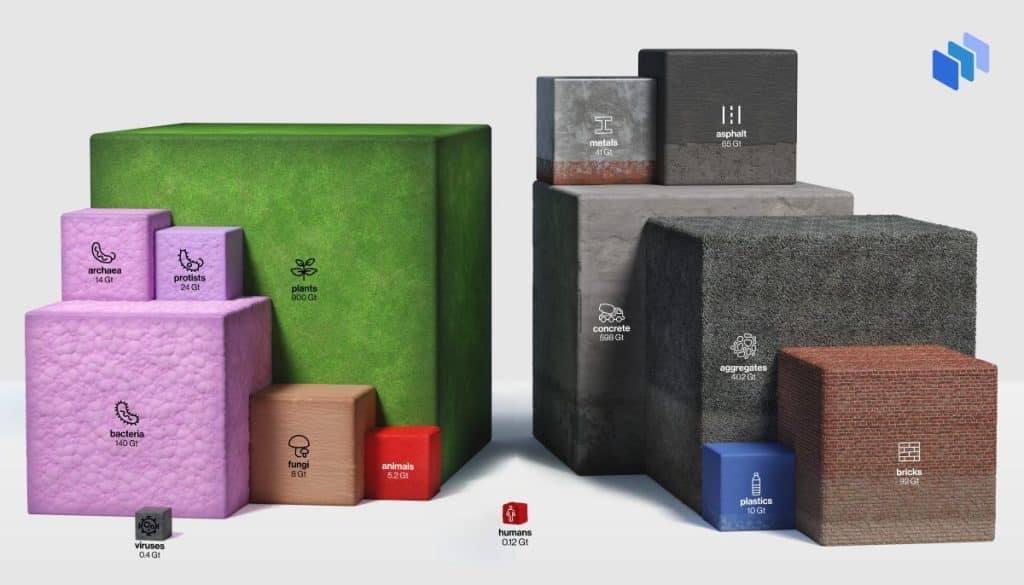Tokyo-based electronic parts maker and Apple supplier TDK announced a breakthrough today with the successful development of a material for its small solid-state batteries.
The material is said to have approximately 100 times greater energy density than TDK’s existing mass-produced solid-state batteries — an estimated 1,000 watt-hours per liter. In other words, they can store far more energy than existing models.
These batteries will likely have an all-ceramic construction, with oxide-based solid electrolyte and lithium alloy anodes that make the batteries “extremely safe,” according to TDK.
The innovation could be used to power smaller, higher-performance wireless earbuds, smartwatches, and hearing aids, and could theoretically provide a substantially longer operating time. Wearables might last days instead of hours, for instance.
TDK also plans to use the technology to replace the coin cell batteries currently used in portable devices in the EU.
There’s no word yet when the new batteries may be commercially available in shipping products, with TDK saying it plans to “advance toward mass production.”
Other companies are already harnessing plans to develop the tech for use in EVs, which could mean greater range. The batteries are considered to be safer than existing lithium-ion batteries as they don’t contain liquid electrolytes and feature shorter charging times.
Developing the technology could take time though, as these solid-state batteries are more expensive to produce than lithium-ion alternatives. Toyota is planning to commercialize the technology before the end of 2027, while Chinese automaker Nio already utilizes solid-state batteries in its ET7 with a claimed range of 612 miles.











